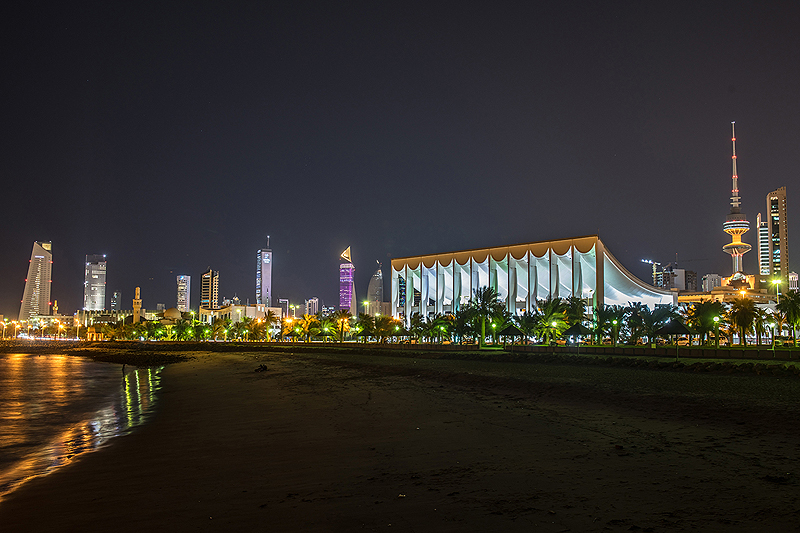
By B Izzak
KUWAIT: A National Assembly panel yesterday passed a draft law to reduce the number of expats in the country over the next five years, but did not impose specific caps or percentages, resting this power in the hands of the government. Head of the human resources development committee MP Khalil Al-Saleh said the panel framed the bill after studying eight legislations proposed by MPs and the government, with the main objective of slashing the number of expats, especially unskilled laborers, to rectify the population structure which is heavily in favor of expats.
Saleh said the law will be sent to the Assembly for debate tomorrow. The draft law gives the government six months to determine the number of expats needed by the country and stipulates that a certain percentage of expats will be determined with regards to the number of citizens. It also stipulates setting specific percentages of various expat communities.
The bill does not include any figures and leaves that to the government to determine. According to the bill, the government must set within six months of issuing this legislation a specific number of expats the country needs, and also the number of expats that are allowed to be recruited. To achieve the population target, the government must continue to reduce the number of expats gradually over the next five years. The result should restore the balance between Kuwaitis and expats.
The bill excludes a number of categories from the cap on expats. They include Gulf citizens, domestic helpers, judges, diplomatic corps, aviation operators, expat workers recruited for mega projects, spouses of Kuwaitis and their children, medical and educational staff and any other category that may be added by the Cabinet. The number of these expats exceeds one million.
The law also forbids the transfer of residency of domestic helpers to the private sector and transferring visit visas to work permits or dependent visas. The bill sets a penalty of three years in jail and a fine of up to KD 5,000 for violators.
Assembly Speaker Marzouq Al-Ghanem yesterday said all MPs have been tested for the coronavirus but declined to reveal the number of those who tested positive for the disease. He said the Assembly will convene with MPs who are healthy and will debate two grillings against HH the Prime Minister Sheikh Sabah Al-Khaled Al-Sabah. It will also discuss a number of legislations before closing the term on Thursday.
Meanwhile, the Assembly's educational committee sent its report to the Assembly on proposed amendments to the audiovisual law which includes abolishing jail terms for certain penalties and reducing the number of barred topics. The amendments retained four main issues that cannot be abused or criticized - religious offences, criticizing HH the Amir, revealing confidential state information, and if a channel deviates from its stated objectives.
The amendments scrapped offenses like criticizing the judiciary and court verdicts, criticizing the constitution, broadcasting material that could impact the national currency, broadcasting material deemed offensive to public morals, broadcasting information about secret state contacts and undermining the integrity of people.
The amendments also abolish the jail term for broadcasting material without a license and replace it with a fine of between KD 5,000 and KD 10,000. The amendments also exempt the director of the channel, producer and presenter from violations committed during live programs by guests, and only punish the guests. If the material is recorded, the penalty will be applied to all. If the violation involves religious violations, the penalty will be a maximum of one year jail and/or a fine between KD 5,000 and 20,000.

